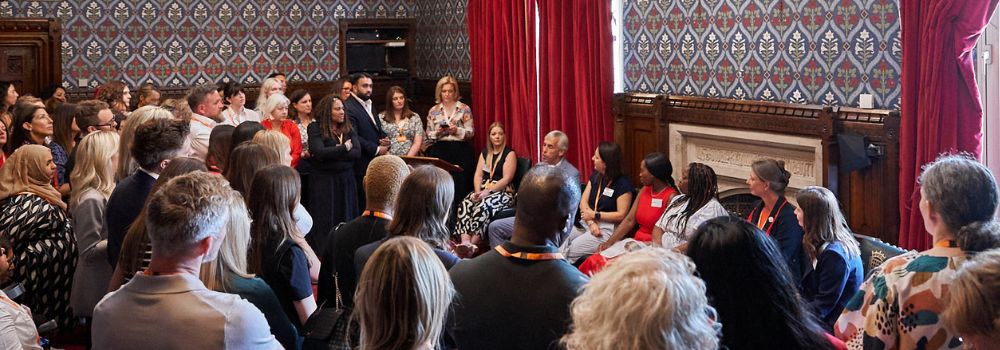This report maps international gender pay gap reporting legislation, with the goal of highlighting best practices internationally and a way forward for the UK.
It is a collaboration between the Fawcett Society, the Global Institute for Women’s Leadership at King’s College London (GIWL) and Thomson Reuters Foundation, with legal input from Latham & Watkins, Castrén & Snellman and BBA Fjeldco.
UK wide gender pay gap reporting was instituted into law in 2017, although duties on Scottish and Welsh public sector bodies pre-date this. The regime is now in its third year, but due to the coronavirus crisis the Secretary of State decided to suspend the requirement for businesses to report in 2020. There is cross-party agreement that the gender pay gap, and gender inequality in the workplace more broadly, are important policy areas—but as we enter a period of profound uncertainty in the wake of the coronavirus crisis and the end of Britain’s transition process and full exit from the European Union at the end of 2020, there are both challenges and opportunities for the legislation moving forward.
The main body of the report contains the mapping of in-ternational legislation carried out by law firms Latham & Watkins, Castrén & Snellman and BBA Fjeldco, while this executive summary, by the Fawcett Society and GIWL, pulls out the key findings, highlighting areas of strength for the UK legislation, as well as areas of opportunity moving forward.









